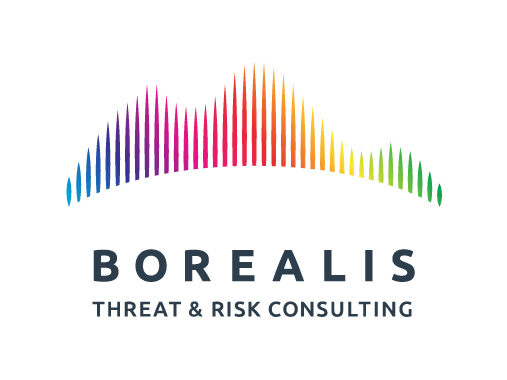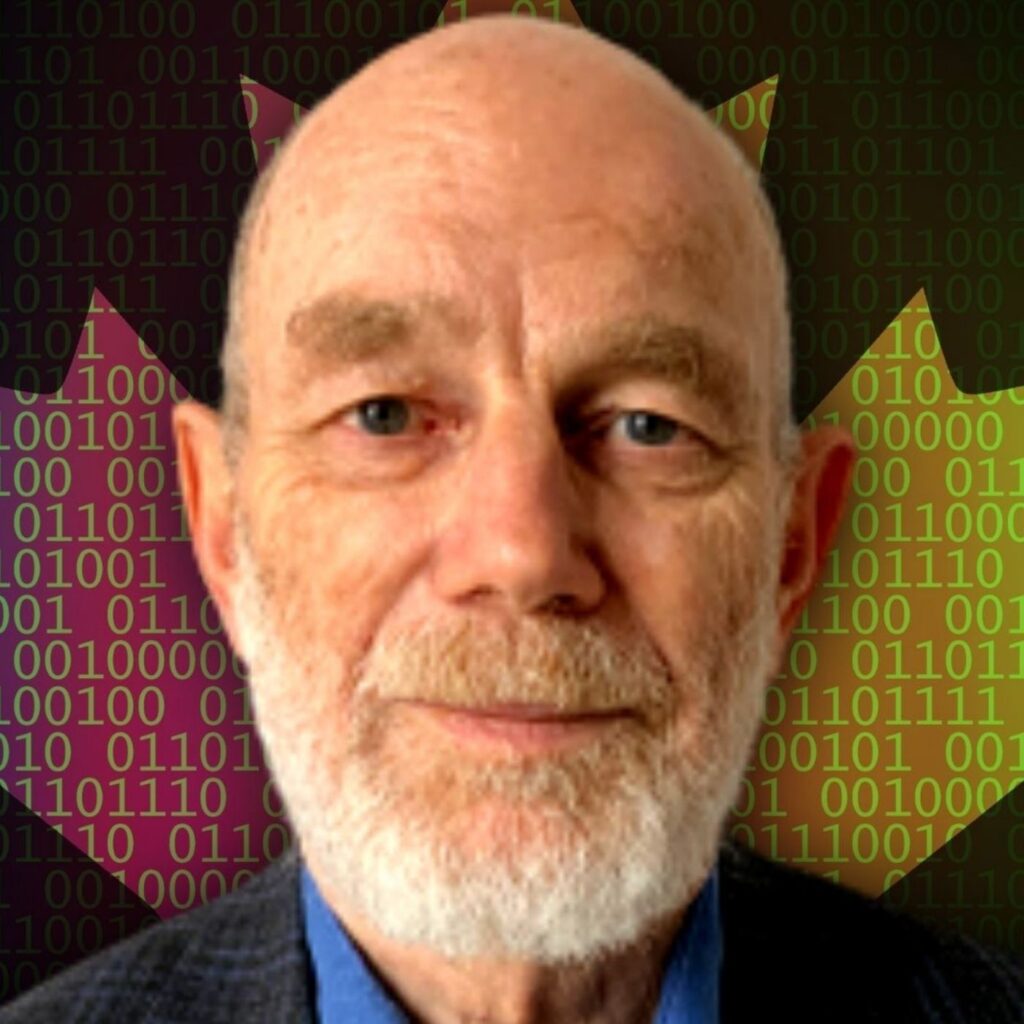Canada is not normally seen as an intelligence powerhouse and is not blessed with the same intelligence ‘culture’ as some of its key allies (US and UK primarily). Who does intelligence analysis and how good is it?
Phil Gurski is joined by Greg Fyffe, former head of the Privy Council Office’s Intelligence Assessments Secretariat (PCOIAS).
If the ins and outs of terrorism, extremism, national security and public safety are of interest to you, subscribe to receive free content by former Canadian intelligence analyst and author Phil Gurski on these issues.
About my guest Greg Fyffe
Greg Fyffe had a long and prominent career as a public servant with particular experience in security and intelligence issues as well as immigration. From 2000 to 2008, he was Executive Director of the International Assessment Staff at the Privy Council Office after serving for three years as Assistant Deputy Minister for Policy at Citizenship and Immigration Canada.
He previously served in a variety of senior positions at the Canada School of Public Service, the Immigration and Refugee Board and the Solicitor General`s Department. Greg began his career in government as a political aide, including ministerial chief of staff.
Greg teaches at the University of Ottawa`s Centre on Public Management and Policy and is President of Canadian Association of Security and Intelligence Studies.
About the host Phil Gurski

Phil Gurski is the President and CEO of Borealis Threat and Risk Consulting Ltd. and Programme Director for the Security, Economics and Technology (SET) hub at the University of Ottawa’s Professional Development Institute (PDI). He worked as a senior strategic analyst at CSIS (Canadian Security Intelligence Service) from 2001-2015, specializing in violent Islamist-inspired homegrown terrorism and radicalisation.
From 1983 to 2001 he was employed as a senior multilingual analyst at Communications Security Establishment (CSE – Canada’s signals intelligence agency), specialising in the Middle East.
Listen to more episodes:

How bad is Indian TNR in Canada against the Sikh community?
Episode 316 – Is Sikh terrorism a thing of the past and are Canadian Sikhs now subject to Indian state violence? At…

The ties between economics and national security
Episode 315 – What do bucks and bangs have in common? When most people think of national security they think of things…

Who will come to the aid of the Uyghurs in China?
Episode 314 – Why does the world not punish China for cultural genocide? If we look at how many nations put down…


5 replies on “Greg Fyffe – How good is intelligence analysis in Canada?”
Phil–on the creation of the IAS, by Chris Spencer (an External Affairs officer with considerable intelligence experience) in 1996:
“…[in the early 1990s] For years there had been discussion about the need for some sort of central assessment staff, since departmental analysts naturally were expected to look after their departmental demands and needs first. In addition, as indicated above, no way had been found to give real authority to any central coordinating body or individual in the face of long-established departmental autonomy and priorities and the coordinating rather than executive role of the PCO. Also, quite apart from any perceived need for a change or reduction in the role of intelligence with the end of the Cold War, the federal government was running into serious fiscal problems and has felt it necessary to reduce almost all departments’ funds and authorized staff.
In 1993, it was decided that the need for a central assessment capacity, and the further reductions being required of DFAIT in both its budget and its personnel, made it advisable to effectively transfer its responsibility and capacity for foreign and economic intelligence to the PCO. As a result, the latter created an Intelligence Assessments Secretariat (IAS) with both coordination and assessment functions, using the extremely limited resources transferred from DFAIT. The result of these moves is that Foreign Affairs has been left with virtually no intelligence analysis capacity. Simultaneously, while the IAS is very much smaller than the former intelligence analysis staff of DFAIT (down from about 35 analysts [that included a significant number of economic analysts who were not foreign service officers] to 13), its responsibilities are considerably broader. These include government-wide coordination and analysis, but without any formal DFAIT input. Moreover, however willing they may be to help the IAS, DFAIT desk officers are not experienced as analysts, often have not previously visited or dealt with their current areas of responsibility, and are fully occupied with operational activities. 31…”
https://journals.lib.unb.ca/index.php/jcs/article/view/4525/5348
As a foreign service officer I was in the ExtAff Intelligence Analysis Division 1980-82 covering all of Asia (and the arms trade); we had six officers to cover the world and produced most the contents of the “Weekly Intelligence Report (WIR)” put out under the authority of the Interdepartmental Intelligence Advisory Committee (IAC) of the PCO, which had its own tiny coordinating staff.
Then from 1982 to 1984 I was seconded to PCO as IAC Current Intelligence Coordinator tasked with putting the WIR together through the interdepartmental process. We had two other officers, from the RCMP and the CAF, tasked with coordinating the production of longer, more specialized, papers from the IAC. Our boss was a wonderful army colonel (the IAC Secretary) who just let us get on with our jobs and had confidence that we would seek his advice or approval if we thought something needed it. Most unlike ExtAff where one had no authority to sign almost anything on one’s own. Refreshing.
Mark Collins
Thanks for that Mark! I remember the WIR!
Hi Phil,
Engaging, insightful and timely convo with Greg mate. Definately one of your best interviews to date! May I recommend you invite him back soon; there’s so many spinoffs topics from this convo to be explored! Would sincerely like to hear his take on the state of intelligence education in Canada (e.g. what are we doing well? / what can we do better?) His take on the value of OSINT in light of closed cultures and active disinformation? His take on keeping intelligence product free from analytic bias and stakeholder influence?
Thx Mike! I appreciate the feedback and I will consider your request to have him back!
Your conversation with Mr. Greg Fyffe was fascinating, thank you!
CSIS was well prepared for the pandemic as masking, social distancing and hand washing were debated back in early March of 2020.
Pushback from higher sources resulted in a national delay, unfortunately. Lessons have been learned and appropriate measures have been taken, as preparedness is key.